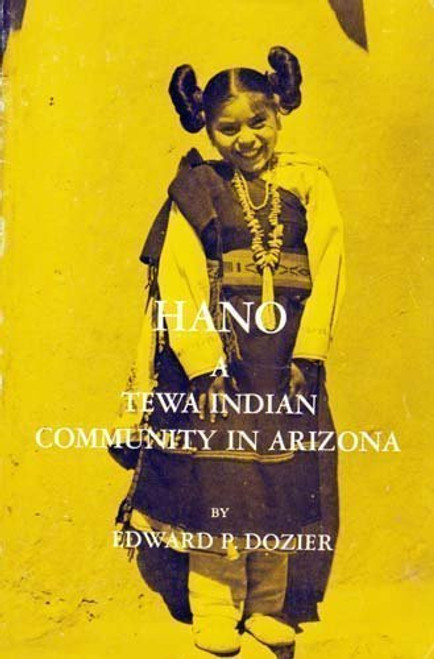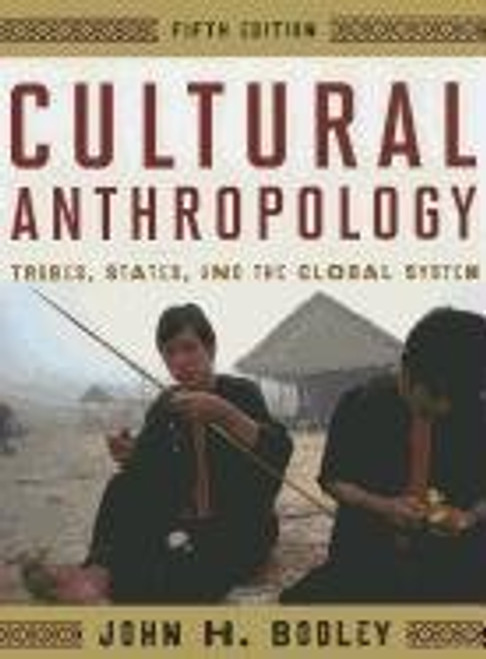Product Overview
This case study of the Washo Indians of western Nevada and the eastern Sierra slopes of California is one of those rare events in the vast professional literature on the American Indian where a picture of a single tribal culture as a whole is presented. Though Washo culture in its traditional form has virtually ceased to exist at all, its disappearance was gradual enough and its relatively full appearance recent enough so that Professor Downs has been able to put the memories of the older Washo together with known history and knowledge of the culture area to form a coherent and dynamic reconstruction of the traditional Washo way of life. But he never forgets history. There is a sense of time in the book, which is so often lacking in attempts to reconstruct traditional cultures. Even as the traditional patterns of subsistence techniques, of rituals and religion of kinship and social organization are described, the reader anticipates the dramatic changes in the Washo world to be wrought by the coming of the white man. Each stage of readjustment brought about by this event is analyzed. The Washo are not seen in isolation, but as part of the development of the region and its economy. They interact with and are interdependent with whites in the earlier stages of contact. But then the needs of the white man's economy change and there is no longer any place for most of the Washo. The Washo adapt to this circumstance, as they have adapted to previous conditions. In doing so they exhibit some continuities with the past and their traditional culture and at the same time adopt new patterns of behavior. This is not a happy world for the Washo. For some poverty and uselessness sap their vitality and destroy motivation, but the Washo identity is retained, and the Washo continue to cope with life as it is.






